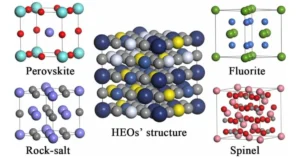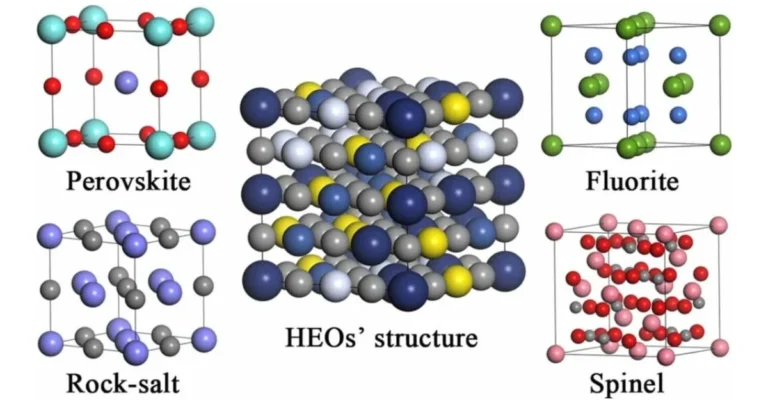
Introduction
In a significant advancement for electric vehicle (EV) technology, researchers at the
Daegu Gyeongbuk Institute of Science and Technology (DGIST) in South Korea have
developed a method to dramatically enhance the lifespan and safety of lithium metal
batteries. This breakthrough involves the use of an ultra-thin lithium metal anode,
potentially extending battery life by more than seven times compared to conventional
systems. Lithium metal anodes are known for their high energy density, boasting a
capacity of 3860 mAhg⁻¹, which is over ten times that of commonly used graphite anodes.
However, their practical application has been hindered by issues such as dendrite
formation during charge-discharge cycles. These dendrites can cause short circuits and
thermal runaway, leading to safety concerns and reduced battery lifespan.
Innovative Solution: Silver Trifluoromethanesulfonate Additive
The DGIST research team, led by Professor Yu Jong-sung, introduced a novel electrolyte
additive, silver trifluoromethanesulfonate (AgCF 3 SO 3 or AgTFMS). This additive facilitates
the simultaneous formation of silver (Ag) and lithium fluoride (LiF) on the surface of the
lithium metal anode. The dual-layer protection effectively suppresses the growth of lithium
dendrites and reduces electrolyte depletion, addressing the primary challenges associated
with lithium metal batteries. In collaboration with Professor Kang Jun-hee’s team at Pusan
National University, computational chemistry was employed to analyze the interaction
energy between lithium and silver. This analysis provided insights into the enhanced
stability mechanism of the ultra-thin lithium metal anodes. The research demonstrated that
using ultra-thin (20μm) lithium metal anodes with the AgTFMS additive significantly
improved battery stability. Experimental results confirmed that dendrite formation was
effectively suppressed, leading to a battery lifespan extended by more than seven times
compared to traditional systems.
Implications for the Future of EVs
This advancement holds promise for the future of electric vehicles, potentially leading to
batteries with longer lifespans and enhanced safety profiles. The findings were published
in the journal Advanced Energy Materials, marking a significant step toward the
commercialization of lithium metal batteries. The development of ultra-thin lithium metal
anodes with improved stability addresses longstanding challenges in battery technology.
As the demand for efficient and safe energy storage solutions grows, such innovations are
crucial for the advancement of electric vehicles and other applications reliant on high-
performance batteries.










